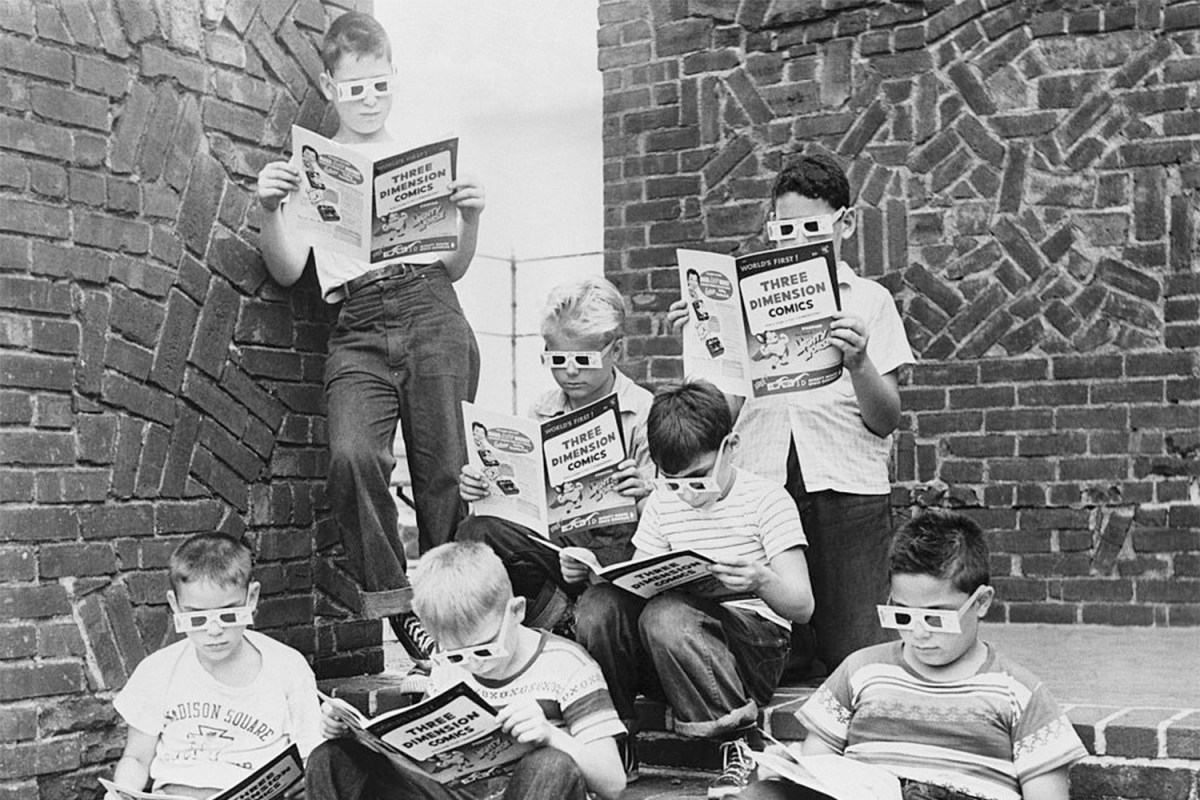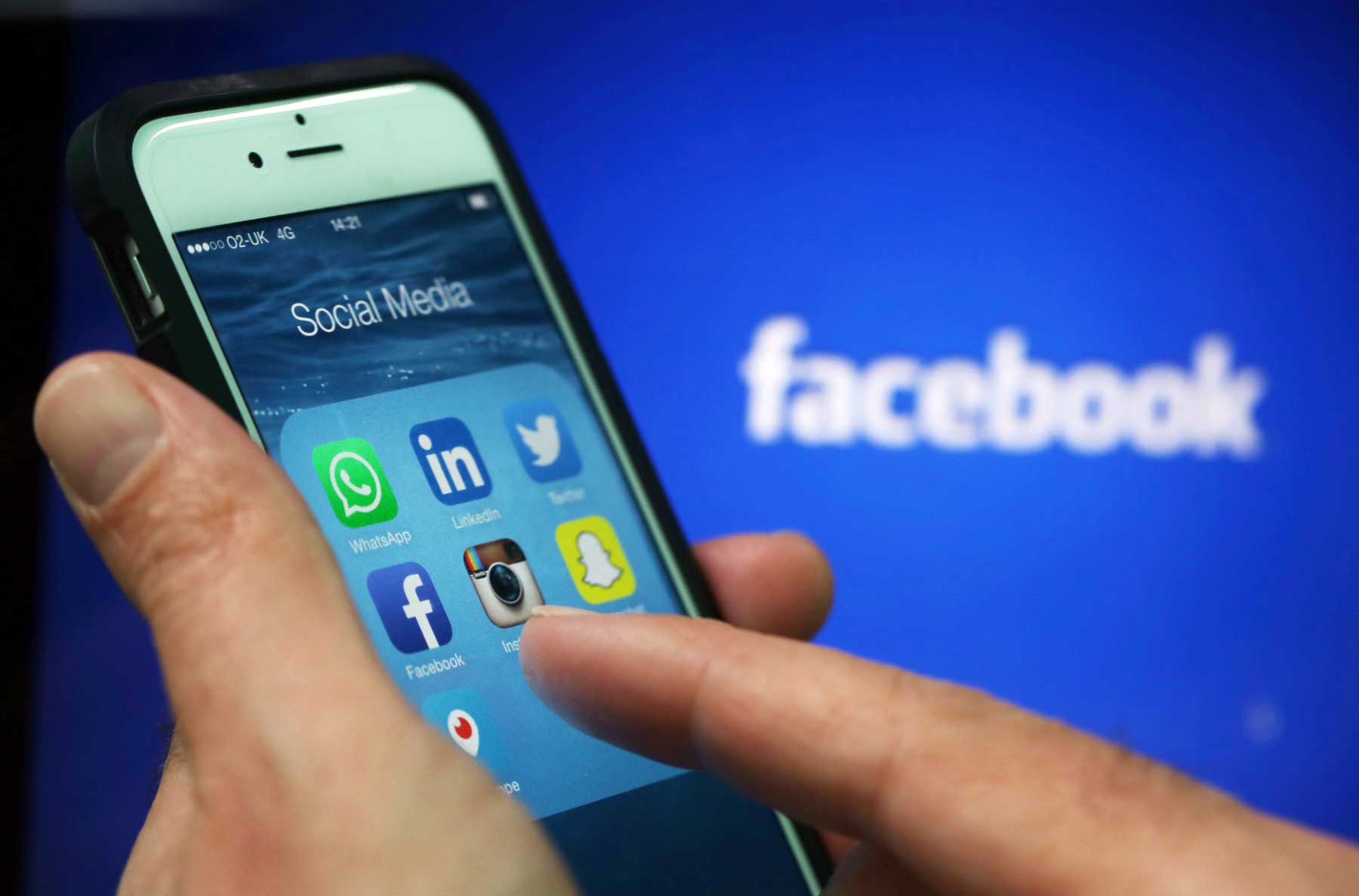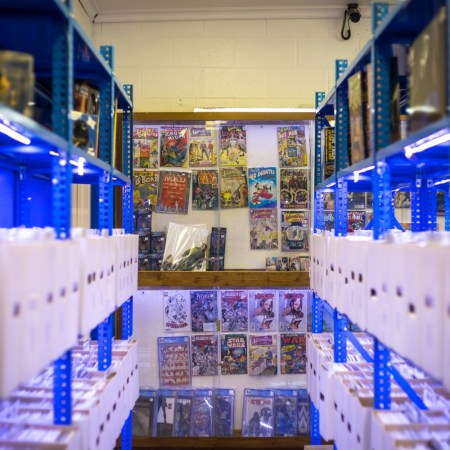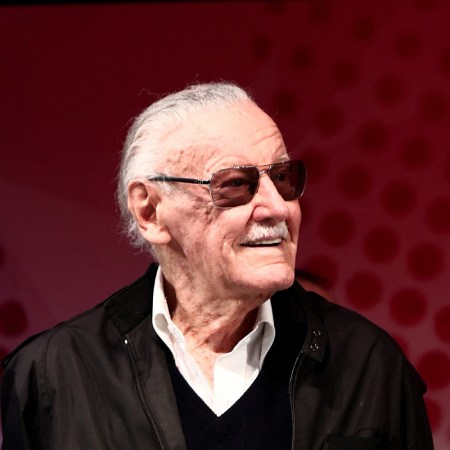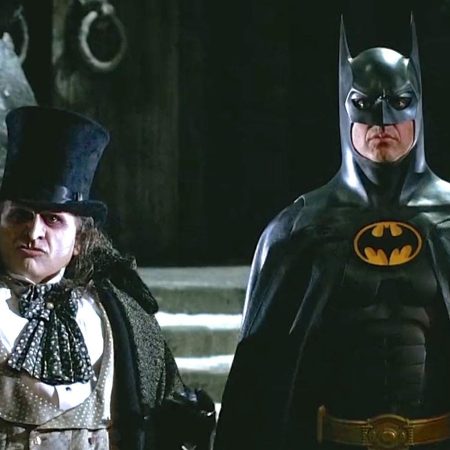Jermaine Carter had difficulty making friends after he moved from Vallejo, CA to Albany, NY at the age of 12. That feeling of isolation seeped into his middle and high school experiences. He was an anime fanboy — and that wasn’t deemed cool in the late ‘90s. Luckily, he connected with a few others who weren’t afraid to geek out as well.
“It was just four friends who loved anime,” he tells InsideHook about the origin of Albany High’s Anime Club. “We really didn’t plan anything. We didn’t think it would work. We were just like, ‘Hey, can we do this?’”
Anime is Japanese animation, often based on the country’s comic books, which are known as manga. Every week, Carter and his friends gathered for an hour or two to discuss anime and hang. Today, the club he helped launch is frequently attended by an average of 45 kids, growing rapidly due to word of mouth. “I’d never expected it to go on this long,” says Carter years later. “But people just ran with it.”
Comic book, manga, and anime clubs are now some of the more popular after school activities across the nation. Every year, Free Comic Book Day events take over more and more schools. But perhaps even more surprising, therapists are using graphic novels and manga to connect with clients and strengthen their emotional vocabulary. Whether it be through reading the latest X-Men mega-event or diving into the world of Dragon Ball Z, comics are spectacular resources for bonding with kids and supporting their mental health, no matter their age.
We spoke with three experts about why parents should be endorsing their kids’ comic book, anime, and manga habits. In most cases, when an expert talks about comics, their advice can be related to anime or manga, and vice versa. Often the same kids who are interested in one art form also connect to the others.
Why Comic Books?
When Tanya Crabb, a psychologist at the University of Nevada and the creator of the Superhero Stress Management and Superhero Relationship Management trainings, began using comics in her therapy with incarcerated youth, she noticed that clients came to sessions enthusiastic and willing to open up. Comics are “so interwoven into our culture that it’s an easy way to connect,” says Crabb. “Comic books are universal. There are different languages of comic books. There are different genres.”
Crabb recommends parents pick a character they know or connect to, either from the movies or comics, and use their story to prompt discussions about how the characters are feeling and how characters could use coping strategies to react to situations. If your child loves a character that you aren’t familiar with, dive into YouTube to get up to speed. Read together.
“If [your] child [is] already reading those comics, they’re already interested, and they’re interested for a reason,” says Janina Scarlet, a psychologist and the creator of Superhero Therapy. “And it might be because there’s a character that really speaks to them or a character is helping them to understand what they’re going through.”
Superheroes: They’re Just Like Us
Comics can be a door into difficult conversations, says Crabb. “Comics make [tough subjects] approachable because superheroes are just like us. They have mental health stuff. They have bad family stuff. They have relationship issues. They make bad choices.”
For example, she points out that, in the Marvel Cinematic Universe, Thor struggles with depression, Iron Man has anxiety, Jessica Jones has PTSD and Bruce Banner is constantly working on coping skills so he doesn’t Hulk the heck out. In DC comics, the character Harley Quinn comes from a background of family trauma, which predisposes her to have no boundaries with The Joker. Meanwhile, Pepper Potts sets healthy boundaries with Tony Stark.
Instagram and Snapchat Rated Worst Platforms for Kids’ Mental Health
A public health report ranked social media platforms by their influence on well being.Superheroes still struggle with life, says Crabb. “What separates a superhero from an ordinary person is resilience and the ability to navigate those situations. And that comes with things like support. Superheroes tend to have each other.”
A prime lesson throughout comics is that “we don’t choose what happens to us, but we have some choices in how we respond,” says Scarlet. Every day, Peter Parker has to accept that he is powerless over his past, but he chooses to be help others in the moment.
There are countless superheroes without powers too — including Iron Man and Batman — so the definition of superhero doesn’t have to include having super-strength, says Scarlet. “It’s about the willingness to do something beyond yourself, to help other people, to go that extra mile to inspire other people, which could be done in our neighborhood, by reaching out to friends and family members who may be struggling.” As you read with your kids, discuss how they have the power to do good. Then set an example by being a hero yourself.
Creating Community
Thirteen years ago, Alicia Abdul, an Albany High Librarian, leapt into her new role as the adult head of the Anime Club. Soon after, she launched the yearly Free Comic Book Day. She provides guidance, but the kids direct everything. “They are amazing when they take ownership over something that is important to them.”
Students curate the books that populate library shelves. At Free Comic Book Day, they direct seminars on making candy sushi. One student created a Japanese language and culture curriculum and taught his peers. Students even planned a trip to Japan (that was unfortunately derailed by the pandemic)
Abdul says anyone can do the same thing Jermaine Carter did: if your child wants to launch a club or event, just have them chat with the principal or librarian. They can use their powers to create the community the school needs.
Family Team Up
When Mariah Carter joined Albany High’s Anime Club as a freshman in 2018, she had no idea her father was a founding member. She simply loved anime. But she took to it with the same passion he did, becoming Anime Club president her junior and senior year.
“It gives us a lot of things to talk about,” says Jermaine. “I’m a dad, she’s a daughter. We don’t have a lot of things in common at a certain age. It’s just how it goes. And the anime is one way that we have something to talk about.” Throughout his daughter’s stint in the club, Jermaine was a frequent guest, helping plan celebrations and chaperoning trips.
Today, Mariah is 18, attending The State University of New York at Albany as a communications major. She plans to join her college’s anime club, but looks forward to visiting Albany High’s club to help out, too, especially now that her brother, a high school freshman, joined this September.
This past May, Jermaine accompanied Mariah to the Anime Club’s excursion to the Saratoga Comic Con — her final field trip before her farewell to the club. On the bus ride home, he glanced around the bus. The seats were filled with kids cosplaying their favorite characters: Jedis and Inhumans and human-klaxo sapien hybrids. The kids were belting out their favorite anime theme songs. He looked out at what he helped spark, and he thought to himself, “Wow. They’re gonna remember this forever.”
The Charge will help you move better, think clearer and stay in the game longer. Subscribe to our wellness newsletter today.
